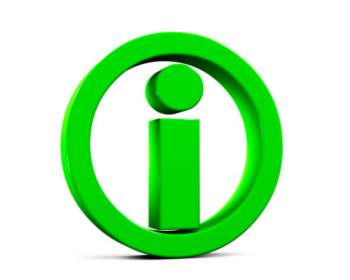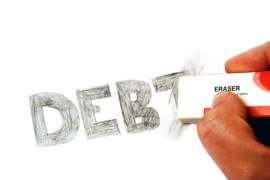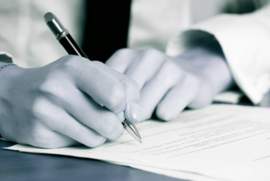
Read This Before Soliciting Free Legal Information

Related Forms
Schedule B - Personal Property
Schedule C - Property Claimed as Exempt
Schedule D - Creditors Holding Secured Claims
Schedule E - Creditors Holding Unsecured Priority Claims
Schedule F - Creditors Holding Unsecured Nonpriority Claims
Schedule G - Executory Contracts and Unexpired Leases
Schedule I - Current Income of Individual Debtor(s)
Schedule J- Current Expenditures of Individual Debtor(s)
Summary of Schedules (Includes Statistical Summary of Certain Liabilities)
View AllTruly, some free bankruptcy services may actually involve representation by a legal professional. A usual good rule of thumb in soliciting free bankruptcy help is to stick to official sources whenever possible. This may be rather difficult, though, as there may be a fair amount of free bankruptcy information from just government channels and other affiliated organizations, seeing as the Federal Government plays such a strong part in proceedings relative to individual states. That said, some choices make more sense than others. For one, the U.S. Courts' official website provides a great deal of information for the public.
For the amateur bankruptcy law student, compiling this information for academic use may take untold amounts of time. As noted, there is much free bankruptcy information to be had across media. While attorneys may offer supposedly free bankruptcy help in the form of initial consultations, oftentimes even these meetings will come with a price tag attached.
Accordingly, it may be more advantageous for people with a vested interest in this material to allow those who are genuine legal students and professionals to do much of the legwork for them. Another fountain of bankruptcy knowledge and overall insight of the workings of the law are legal clinics within renowned universities, such as The Legal Information Institute.
These avenues to free bankruptcy advice both assume that a) the information seeker owns a computer and b) is computer literate or otherwise willing to use this option. Of course, one may also be able to use public utilities (e.g. library PC's) in his/her search, and if they are unfamiliar with using the Internet to research, can simply ask someone to help them.
Just the same, despite their desperation, many people would probably not want to tell others they are bankrupt. As such, they may prefer to go a more private, anonymous, less computer-oriented route. Many courts and other State/Federal agencies advertise toll-free hotlines for those inquiring about bankruptcy policy specifics and will even accept information from callers in the event they (the callers) suspect fraud.
NEXT: Read This to Find Bankruptcy Attorneys





















